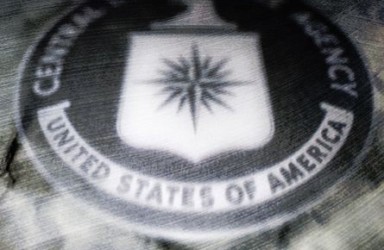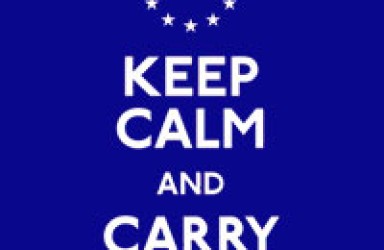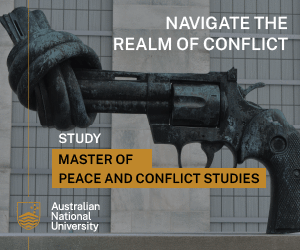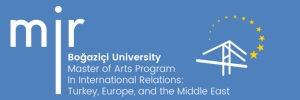The challenges confronting western intelligence services after 9/11
After the attacks there was an automatic shift in intelligence interest from state to non-state actors. Agencies changed from gatherers into hunters, searching for any information revealing possible threat of attack. Compared to standard state targets, Al- Qaeda and other global terrorist groups were more difficult to find, target and spy on due to their mobility.
Tortured Ideas: The responsibility of IR scholars
Those eager to advise the prince often take the logic of Realist IR into dark places where fateful decisions are made. Why are so few voices in IR raised in dissent? And what must/should happen to those who carried the craft towards those fateful moments? And, most importantly, what’s to be done?
The politics of bipolarity and IPE in contemporary times
Bipolarity is based on constant tension, which leads to competition, and ultimately, war. International political economy is regarded as the principal focus of the forces of globalization and the main way in which it is transmitted throughout the world. With the end of bipolarity and the disappearance of barriers between people, is the emergence of a unipolar world a world order based on globalisation?
The EU and the Arab world: living up to the EU’s normative expectations
The external relations of the European Union with the Arab countries of the southern bank of the Mediterranean, institutionalised initially through the Barcelona process, then the ENP and today the Union for the Mediterranean, are predicated on the twin pillars of political stability and economic integration into a liberal free trade area. The approach is both a policy and a moral failure.
Offense-Defense Theory and the absence of war on the Korean peninsula
This essay argues that the absence of a major war between North (DPRK) and South Korea (ROK) does not disprove the offense-defense theory (ODT) because the theory is capable of explaining the prevalence of peace under conditions when the defense has the advantage.
What are the main developments contained within the Treaty of Lisbon?
The year 2005 has meant a rejection of a viable constitutional project for the European Union. After a reconsideration and political stylization of the Constitutional Treaty, the Treaty of Lisbon was put together and signed by all of the 27 member states on the 13th of December 2007. What developments did it contain?
Does the European Union Need an Army?
There is much discussion between those who believe the EU should remain a wholly civilian (soft) power and those who argue that it should develop a military (hard) dimension. There is also a lively debate between those who seek to develop an autonomous military identity (Europeanists) and those who see Europe’s military future in NATO (Atlanticists). But does the EU need an army?
How radically did Hobbes depart from the natural law tradition?
There has been much debate on how to interpret Hobbes; especially whether he is to be understood as a materialist utilitarian, deducing his theory from an egoistic psychology and explaining obligation through rational calculation of self-interest, or whether, he is in fact, more of a Kantian deontologist adhering to the tradition of natural law. This essay argues against the latter position.
The evolution of Sarkozy’s foreign policy
As he approaches four years at the helm of France and of France’s foreign policy, three things come to mind with respect to an evaluation of Nicolas Sarkozy’s foreign policy. His ambition remains unchecked; he remains unceasingly on the top of his dossier; and he has calmed down somewhat, not only in his gesticulations and verbal excesses, but also in terms of what he expects to get out of foreign leader.
Does the European Union have a strategic culture?
This essay will posit that the EU does have a strategic culture, but one still in infancy, beset by weaknesses and potentially insurmountable obstacles. To demonstrate this, we shall explore key diplomatic efforts to enhance European strategic integration, responses to world events and operational deployments, how these have progressively shaped a common strategic culture, and how numerous issues undermine it.












